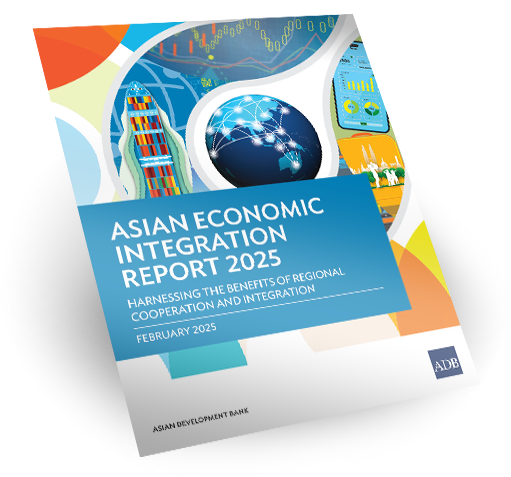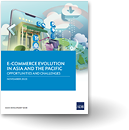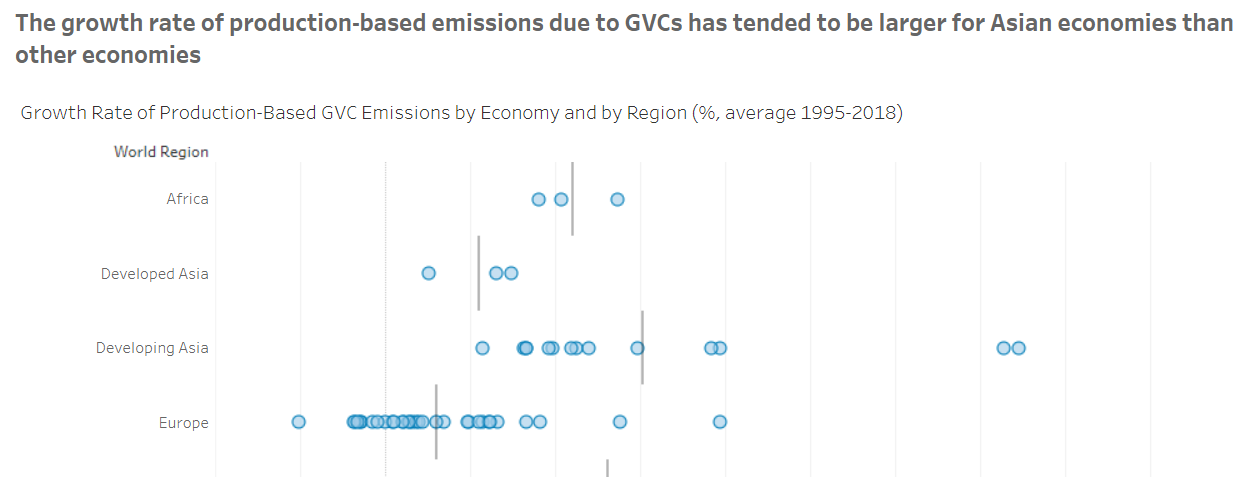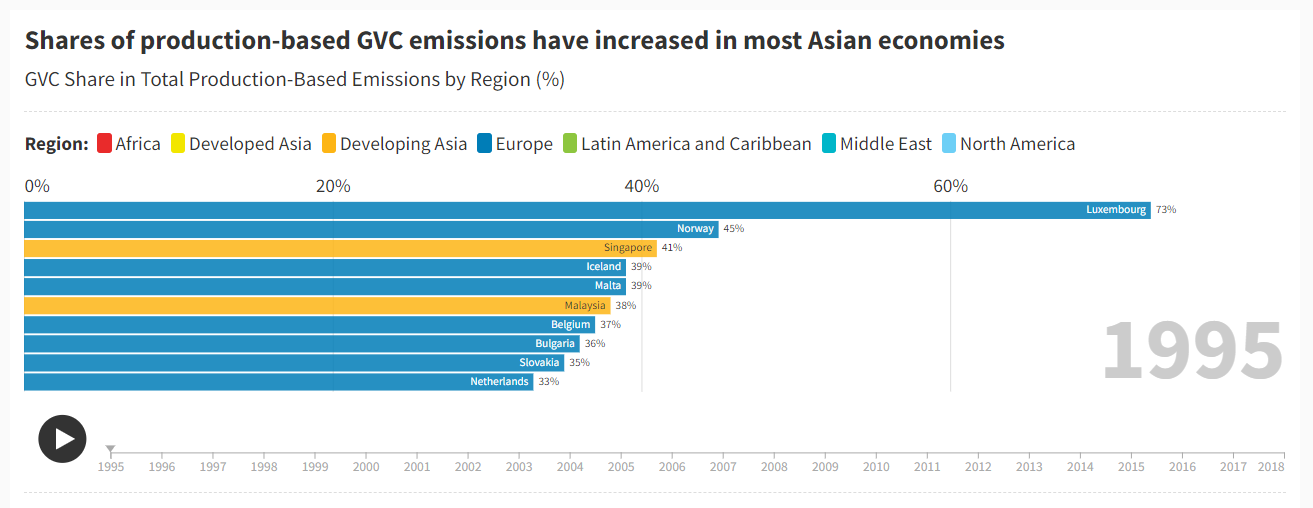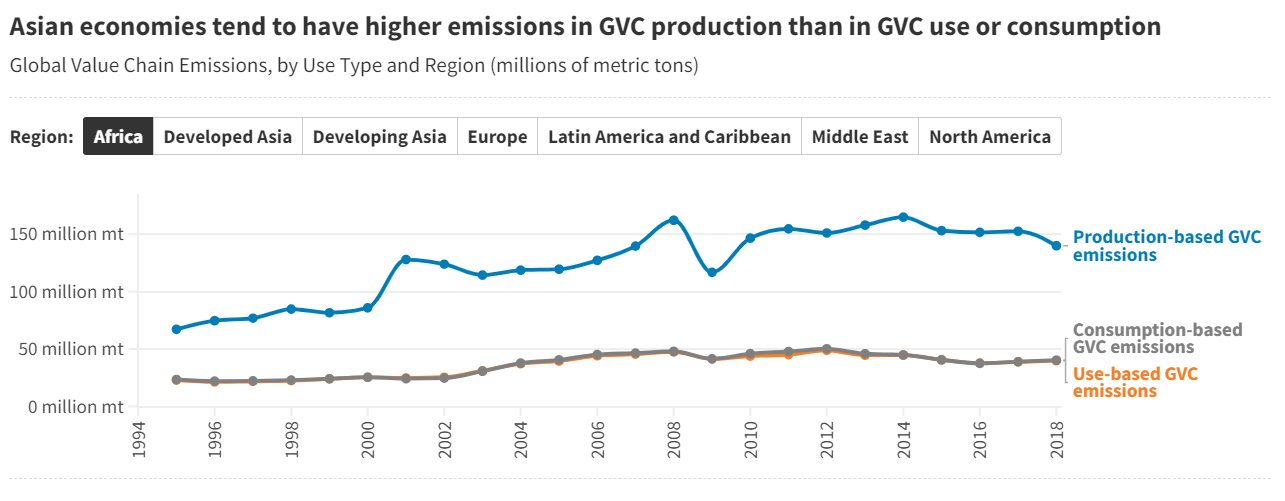ARIC Blog
6
May
2025
Making Connections: How Asia’s Tourism Is Taking Off Again
Strategic investments in transport infrastructure and streamlined visa policies are proving essential for boosting tourist flows and economic resilience.
Strategic investments in transport infrastructure and streamlined visa policies are proving essential for boosting tourist flows and economic resilience.
6
May
2025
As Nations Reshore, ASEAN Should Explore Trade, Digitalization and Connectivity
Issues around climate change and rivalry around frontier technology (artificial intelligence, big data, internet of things) are increasingly being discussed as issues of national security.
Issues around climate change and rivalry around frontier technology (artificial intelligence, big data, internet of things) are increasingly being discussed as issues of national security.
28
Apr
2025
Better with Age: How Lifelong Learning Can Transform the Workforce
Countries in Asia and the Pacific are undergoing a significant demographic shift: the share of older adults is expected to grow.
Countries in Asia and the Pacific are undergoing a significant demographic shift: the share of older adults is expected to grow.
more





